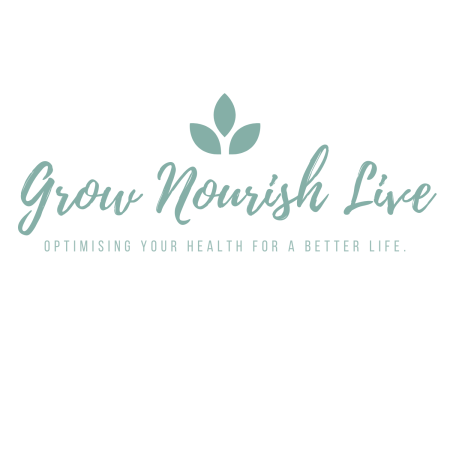Brain inflammation is a real problem. While we usually associate inflammation in our bodies with acute injuries or chronic arthritis, that can be felt physically. The vast amount of inflammation in our bodies is not felt physically, this includes inflammation in the brain.
Brain inflammation can cause brain fog, difficulties concentrating, mood disorders, depression and more.For more information on this topic read my precious blog posts. Now let’s discuss some things you can incorporate into your diets to combat this inflammation.
(The below is not intended to be an exhaustive list. Remember sleep and exercise are just as important, if not more important, than the below!)
Here we go! Things to include in your diet!
1. Oily fish – rich in omega-3 fatty acids that build membranes around each cell in the body, including the brain cells. They can, therefore, improve the structure of brain cells called neurons.
A 2017 study found that people with high levels of omega-3s had increased blood flow in the brain - a key factor in good brain health! The researchers also identified a connection between omega-3 levels and better cognition, or thinking abilities.
2. Blueberries – blueberries contain flavonoid antioxidants. Research suggests that these may make the berries good food for the brain. Antioxidants also help by reducing inflammation and oxidative stress. The antioxidants in berries include anthocyanin, caffeic acid, catechin, and quercetin.
A 2014 review notes that the antioxidant compounds in berries have many positive effects on the brain, including:
- improving communication between brain cells;
- reducing inflammation throughout the body;
- increasing plasticity, which helps brain cells form new connections, boosting learning and memory; and
- reducing or delaying age-related neurodegenerative diseases and cognitive decline.
3. Cruciferous vegetables - including kale and broccoli, may support brain health. These contain glucosinolates, antioxidants, vitamins, and minerals. Glucosinolates, when broken down, produce isothiocyanates, which may reduce oxidative stress and lower the risk of neurodegenerative diseases.
Broccoli also contains vitamin C and flavonoids, and these antioxidants can further boost a person’s brain health.
Other cruciferous vegetables that contain glucosinolates include:
brussels sprouts
bok choy
cabbage
cauliflower
turnips
4. Eggs - protein-rich foods like eggs can improve your overall brain health. The egg yolk contains choline which is important for memory. Eggs also contain folate and B12 that help fight inflammation and the buildup of homocysteine. Homocysteine is an amino acid that disrupts communication between brain cells by triggering cell death
5. DARK CHOCOLATE – ABSOLUTE YESSS!! For 4 more foods that boost brain health and why follow the link in my bio to the blog on my website – not enough characters here!!
Cacao flavonoids seem to be good for the brain.
The flavonoids in chocolate gather in the areas of the brain that deal with learning and memory. Researchers say these compounds may enhance memory and also help slow down age-related mental decline.
Further studies suggest that eating at least 70 percent cacao dark chocolate may improve brain plasticity, which is crucial for learning, and may also provide other brain-related benefits.
6. Water – (yes, that’s not a food – glad your brain is still switched on and reading) Our brain requires a balance between water and other minerals to operate. Dehydration causes your brain to lose efficiency, impair short-term memory and the recall of long-term memory. If you don’t stay hydrated you’ll have difficulty concentrating. A study from Ohio University found people who were hydrated scored significantly better on tests of brainpower. Try to drink six to eight glasses throughout the day.
7. Turmeric - and its active compound curcumin have strong anti-inflammatory and antioxidant benefits, which help the brain. In research, it has reduced symptoms of depression and Alzheimer's disease.

/Instagram_For_Post_Luxury_3_(8)_mediumthumb.png)